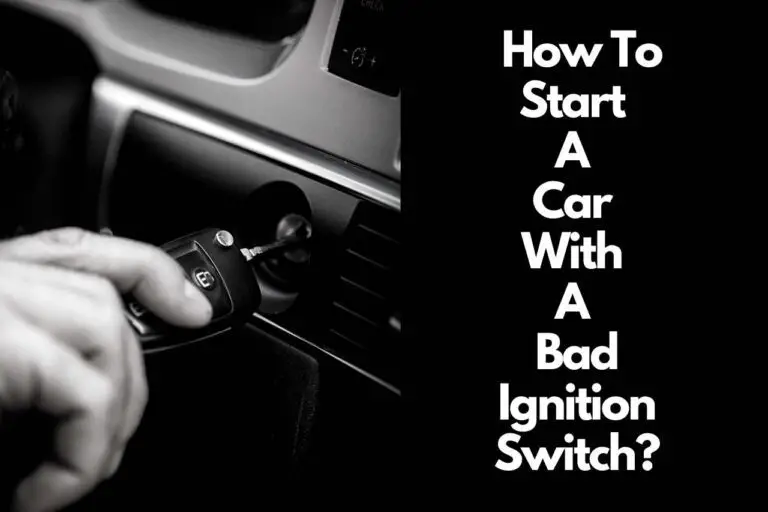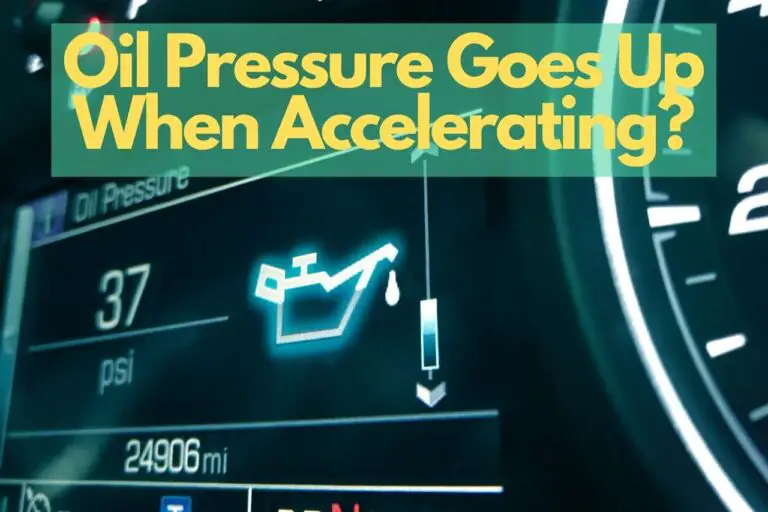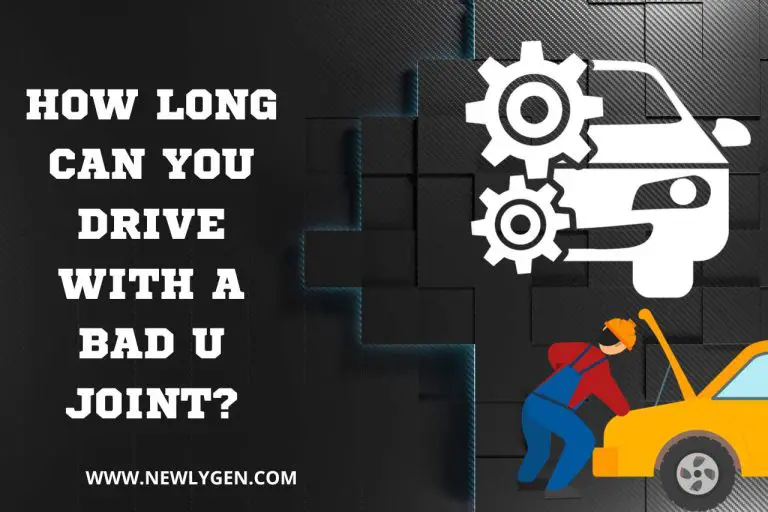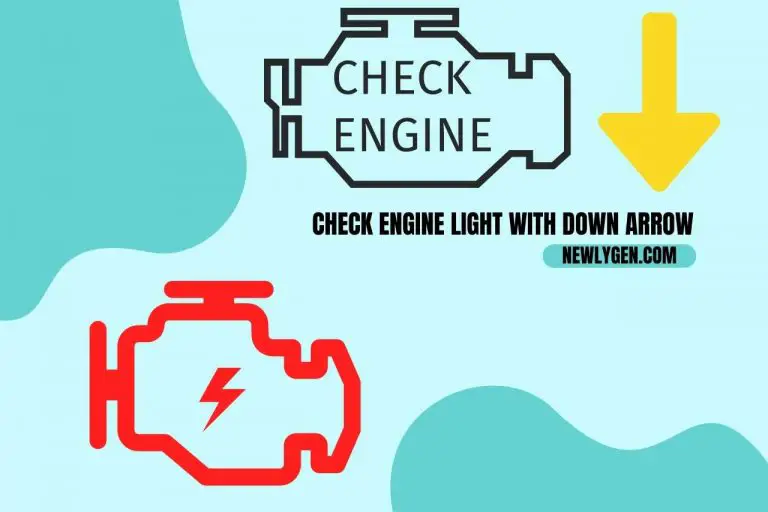Does a Muffler Delete Affect Gas Mileage? Understanding the Effects!
There are several misconceptions and misunderstandings around muffler deletion. Does a muffler delete affect gas mileage? First off, if you notice a dramatic drop in mileage after executing a muffler deletion, another component could be to blame.
We wish to talk about how muffler deletion affects gas mileage in this post. This post will provide you with a quick overview of the variables that govern how much a muffler deletion affects gas mileage as well as speed.
Does a Muffler Delete Affect Gas Mileage?
The mileage is unaffected by a muffler deletion. The engine’s exhaust helps to reduce the loud noise it makes when it is burning fuel. Reducing loud noises on roadways provides a benefit to the neighborhood.
Muffle deletion is taking off the muffler from the vehicle, which makes it louder when it’s running. A muffler deletion has no effect on gas mileage because the muffler is powerless to improve or decrease your car’s fuel efficiency.
Muffler removal has minimal impact on a car’s engine. It has no negative effects on a car’s engine and does not improve performance.
A muffler is a noise-canceling tool that lessens the volume of sound waves produced by burning. If you recently removed a muffler and observed a difference in your gas mileage, it’s likely due to something else, such as a broken O2 detector or a coincidence.
How does a Muffler Delete Impact the Gas Mileage of a Vehicle?
Eliminating the muffler might render fuel efficiency worse or better based on the location you remove the pipe.
The velocity of air will be substantially improved if you remove the muffler. When the muffler disappears, the limitation it created is also gone, which relieves back strain. Fuel efficiency will increase, but there could not be as much of a gain as you would have anticipated.
It is essential to remember that any muffler deletion must be properly carried out in order to prevent affecting other components of the exhaust. The O2 detector will be impacted, which will impact the fuel efficiency of the car.
Damaged O2 sensors will provide the engine’s computers with inaccurate readings. The inaccurate measurement can increase the amount of fuel injected into the engine’s chamber and alter the air-fuel ratio, increasing the amount of fuel used.
Does Hole in Muffler Affect Gas Mileage?
Your car’s muffler is susceptible to damage from corrosion and reduced performance, just like with the other complex and interrelated elements of your car. However, although high-quality mufflers can increase fuel efficiency, malfunctioning or broken mufflers will have a negative impact on gas consumption.
The combustion of the system’s pressure inside may be impacted by a hole within the catalytic converter itself or prior to it, which would enable oxygen to get in.
What are the Factors that Determine the Effect of a Muffler Delete on Gas Mileage?
It has been demonstrated that mufflers increase fuel economy. According to the majority of sources, installing an aftermarket speed muffler may increase your car’s engine’s fuel economy by 2-10%.
The primary function of a muffler in a conventional automobile is to reduce the noise that cars create. This makes owning a car more appealing to consumers.
The major effect mufflers have on automotive exhaust is the fact that they discharge some of the car’s hazardous emissions onto the environment rather than allowing them to enter the vehicle.
They are therefore created primarily for the security of passengers and the driver rather than for concerns about the environment.
The vehicle’s horsepower is somewhat impacted by the muffler. Because it increases the engine’s exhaust flow, deleting the muffler or adding a muffler deletion can make the automobile perform better. This causes the automobile to release air more quickly, boosting the horsepower of the engine.



What is the Best Muffler for Fuel Economy?
The finest muffler for increased fuel efficiency comes in the Borla 40349. It is ideal for people seeking a muffler that performs well while using less gasoline, hence lowering the additional costs associated with fuel.
It has stainless steel construction for high-quality and long-lasting performance. Additionally, the majority of consumers give it great marks for durability when used on V8 vehicles.
The muffler’s standard output design, which guarantees a powerful, deep sound, offers another advantage. Additionally, it eases back strain so that driving is more pleasant.
You may also influence how much gasoline the vehicle uses by selecting the correct muffler. Although a more powerful muffler uses more gasoline, one that is silent and deep will boost efficiency.
The progress will be apparent even if it won’t be enormous. The Borla has become the leading truck exhaust system when it comes to fuel efficiency.
Does Muffler Delete Lose Power?
You can notice an increase in horsepower if your car is more aged. This is a result of earlier mufflers being more constrained than more recent mufflers.
Getting rid of these old mufflers will increase exhaust flow, lower engine resistance, and give the engine more horsepower at greater engine speed.
It is accurate to say that taking off the muffler lowers back pressure and may even enhance your system’s ability to scavenge exhaust.
Although the airflow is improved, there is no appreciable improvement in performance.
A muffler deletion will do if your primary goal is to increase exhaust volume and you aren’t concerned about improving performance. There are superior choices available if you want to enhance horsepower while still getting a distinctive exhaust tone.
Does Muffler Delete Affect Performance?
The sound improvement is typically the major objective of exhaust upgrades. The car’s weight is little impacted by the muffler, but its performance or fuel economy is unaffected.
A muffler slows down the rate of the car’s exhaust gas discharge, creating pressure buildup within the exhaust and depriving you of horsepower. You may remove the exhaust system to increase the volume of your car.
The exhaust velocity will be greatly increased when the muffler is removed, and hazardous motor back pressure will be decreased.
The more modern mufflers of nowadays are far less constrictive than the older ones. The increased torque and power above high speeds are also difficult to overlook, in addition to giving the car a more muscular growl.
Watch this one,
Video Credits – NO LIMIT EDDIE
You May Also Like
- How to Clean a Muffler? (Step-by-Step Guide)
- How to Make Muffler Quieter? Noise Reduction Tips and Tricks!
- Can a Muffler Get Clogged? (Common Causes and Signs)
- How Long Can you Drive Without a Muffler? To Muffle or Not to Muffle!
- Does A Muffler Delete Void Warranty? Let’s Find Out
- How Much does Welding a Muffler? Budgeting for Muffler Welding!







